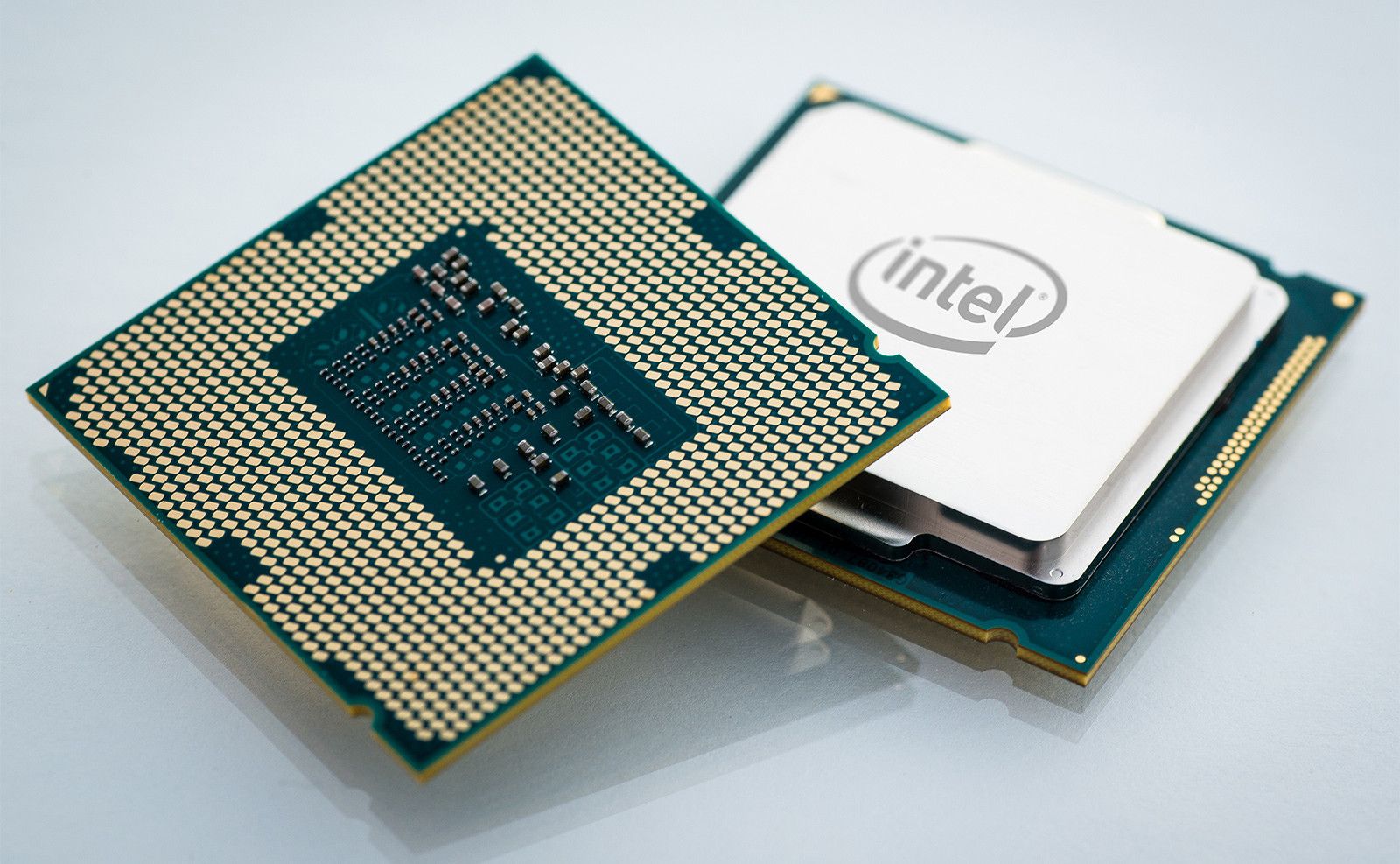Intel’s Raptor Lake flagship CPU makes jaws drop as epic 6.5GHz overclock is leaked
There are serious caveats to hitting that speed, but the 13900K is looking promising

Intel’s Raptor Lake flagship processor has been spotted being run through its paces by an overclocker, with some impressive results – including reaching a speed of 6.5GHz (with beefy caveats, as you might guess; indeed, be skeptical with all this info).
This leak was highlighted by Wccftech (via VideoCardz) and comes courtesy of Brazilian overclocker Roberto Sampaio, who posted about his efforts on Overclock.net. Clearly we should take this post with some caution, but photos were provided too – although the whole lot, and all of Sampaio’s posts in the thread, have now been deleted.
Sampaio has further urged folks who quoted him in their own posts to remove that content as well, but some of the overclocker’s comments are still visible (at the time of writing).
Using a Core i9-13900K in an Asus ROG Maximus Z790 Extreme motherboard, the overclocker claims to have hit 6.5GHz on a single-core at a voltage of 1.45V using a decent liquid cooling solution. Although he adds that the chip in his possession is seemingly a sterling performer for overclocking.
That 6.5GHz was reached at “very light load” apparently, meaning that in practical terms, this obviously isn’t going to be the speed the 13900K achieves, or anything like that – and it was no doubt hit for just a very brief period of time.
That said, this bodes well for liquid nitrogen fueled record-breaking attempts, of course. Sampaio observed that at full load, the flagship CPU’s performance cores hit 5.7GHz (and 4.4GHz for the efficiency cores).
Analysis: Raptor Lake flagship shaping up to be insanely good?
Sampaio called the 13900K “insane” and wrote: “I’m testing the Z790 and 13900K and I can tell you… 12900KS is a kid comparing to the 13900K.”
Sign up for breaking news, reviews, opinion, top tech deals, and more.
The 12900KS is the current fastest Alder Lake processor, and remember, that’s the specially pepped-up version of the flagship 12900K. So, the Raptor Lake top dog is shaping up to be impressive, and this isn’t the only time we’ve heard this (though in fairness, Ryzen 7000 is looking similarly tempting, and boosting much higher than previous AMD processors, too; up to 5.7GHz in fact).
We do need to bear firmly in mind, though, that the overclocker apparently has a really good chip here. (Remember, CPUs vary within certain tolerances as to how fast they can run while remaining stable, and some are better than others – when you get a good one, you’re said to have won the silicon lottery).
One thing you may have heard regarding the 13900K is that while it can be pushed to achieve seriously huge boost speeds, this is at the cost of equally huge power consumption. Indeed, figures of 350W have been floated via the rumor mill in recent times.
Sampaio notes that these kind of rumored demands have been overstated, and with overclocking, an expectation of around 250W is more realistic. Moreover, he tested the 13900K with a basic air cooler (a $20 model) and the processor didn’t get any hotter than 90C.
Take all this with a good deal of seasoning, naturally, but these findings aren’t in isolation. Another recent leak made the assertion that Raptor Lake performs a good deal better than Alder Lake when cranking up voltages for overclocking, so it’s really starting to seem like these next-gen CPUs from Intel could be a great choice for enthusiasts and tinkerers who like to get the most from their hardware.
For those who fancy reading up more on all this, we’ve got a guide on how to get started with overclocking.
Darren is a freelancer writing news and features for TechRadar (and occasionally T3) across a broad range of computing topics including CPUs, GPUs, various other hardware, VPNs, antivirus and more. He has written about tech for the best part of three decades, and writes books in his spare time (his debut novel - 'I Know What You Did Last Supper' - was published by Hachette UK in 2013).